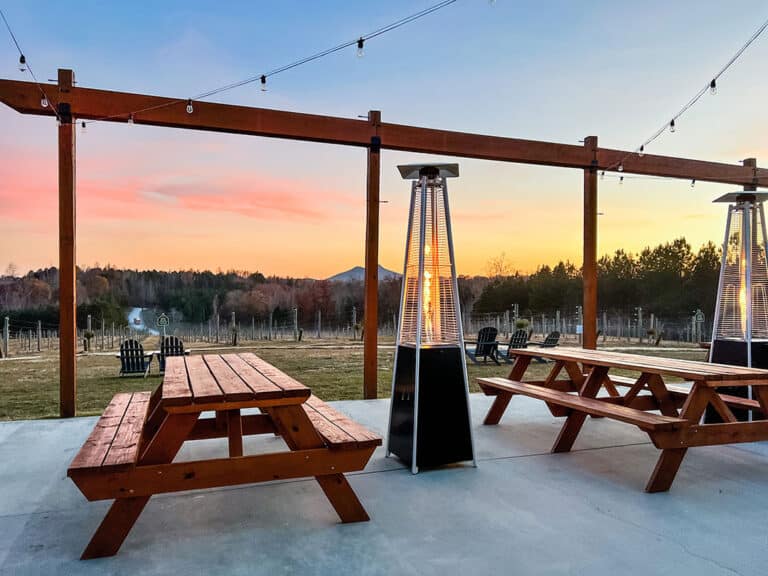“C” WHAT TO PACK & WHAT TO LEAVE BEHIND
Packing for summer camp is a breeze and really boils down to a few, easy-to-remember rules. If you are a novice camp packer, some of these rules may come as a shock, but most experienced camp packers will undoubtedly give this list two-thumbs up!
DO PACK
COMFORT:
Provide a comfortable bed so your camper can rest with ease after a long, action packed day. A comfortable camper is a happy camper. Pack a padded mattress cover and egg crate padding to place beneath the sheets. Bunk bed mattresses are slippery, plastic covered and hard. DO NOT pack anything with down filling— Humidity, heat and moisture do not work with feathers.
CONSIDERATION:
Camp involves living in close quarters with strangers. Unless your camper is a veteran, cabin sleeping arrangements can be complicated and irritating. Race, class, gender, disability, religion…your child is guaranteed encounters with a diverse population of people from many different walks of life. It is essential that your child be considerate of fellow campers’ and counselors’ privacy. Knowledge is power, so equip your child for their temporary independence away from home by discussing diversity before they leave for camp.
CADDIES & CONTAINERS:
Think storage and organization… Shower caddies to store toiletries, and stackable containers with lids are great for hair bands, q-tips, nail clippers, first-aid supplies, pencils, stamps, stationery and camp store coupons. For campers who stay from 4 – 8 weeks, extra towels, batteries, stamps and toiletries can be stored in a container under the camper’s bunk. This secondary, pre-packaged supply is especially great if your camper is one who tends to use everything once and throw it in the dirty clothes bag, ending up with nothing to wear or any towels soon after arrival at camp. Be sure to tell the counselor about this stash to avert any cabin catastrophe.
CAMP GEAR:
Tennis rackets, backpacks, sleeping bags, soccer cleats, goggles and swimsuits— A small sample of the gear campers’ use. Sharpie your camper’s name on everything, especially gear, so what goes to camp eventually returns home!
COOL:
Cool is the desired state of most campers who have spent the day in the sun. Camp is a Cool summer experience, and camp weather is often hot. Pack a battery operated fan that can mount to the side of a bunk bed to supply a cool breeze on a muggy night. Cool is also a matter of color. Think about the color of camp clothing- dark absorbs, light reflects- this is a factoid that really counts when your camper is in the sun most of the day. Cool is also weather. Camp can be cool at night, especially in the mountains, so be sure to pack a sweatshirt or lightweight, all purpose jacket.
CONTINUITY:
After the camper returns home and fifty loads of laundry cleaned, water bottles disinfected and mildewed tennis shoes chucked, re-pack the trunk for next year. Sheets, bedding materials, fans, flashlights, crazy creeks, towels and camp uniforms can enjoy hibernation, safely stored and organized in the camper’s trunk, out of the household mix, until next summer. The result of this brilliant act is that the trunk is pre-packed and ready for next year, saving the camper and parent from hours of frantic searches camp supplies.
——————-
DON’T PACK
CAPITAL:
Don’t pack money. Money is a no-no. In advance of camp, parents deposit money in the camp bank, establishing an account for their child. Coupons and similar tools are used instead of money at the camp store. Make sure to explain to your camper how the camp bank operates.
CHRISTMAS:
Christmas comes in December, not in June, so don’t buy camp supplies in a shopping frenzy. Think about durability, comfort and cost when packing, and shop only for essentials. Clothing will be dirty after camp, so save the expensive outfits for back-to-school. Reuse and recycle after camp to maximize the value of your supplies. Don’t buy tons of expensive gear, clothing, bedding and containers because something is sure to not make it home in one piece, or maybe not make it home at all.
CULTURE:
In many ways, camp is about disconnecting from pop-culture and re-connecting with nature, people, and activity. Do not pack CDs, computers, and cell phones. Material culture at camp consists of spiders in the cabin, brooms to sweep the cabin floor, candy at the camp store, marshmallow roasts and camp crafts. A few weeks of cultural disconnect can do the soul wonders.
CYNICISM:
Cynicism is a disability at camp. Make sure to leave negativity, skepticism, criticism and overall dark energy at home. For many children, camp is a first step away from direct parental control and is often a hard one. Parental pep talks and encouragement can make all the difference in the world in how a child responds to camp.
CAMERAS:
Cameras are not necessary at most camps today. On a daily basis, most camps provide news and photos of campers that parents can access online. A disposable camera is a good idea if your camper wants to take their own pictures, but seriously consider leaving digital cameras at home.







